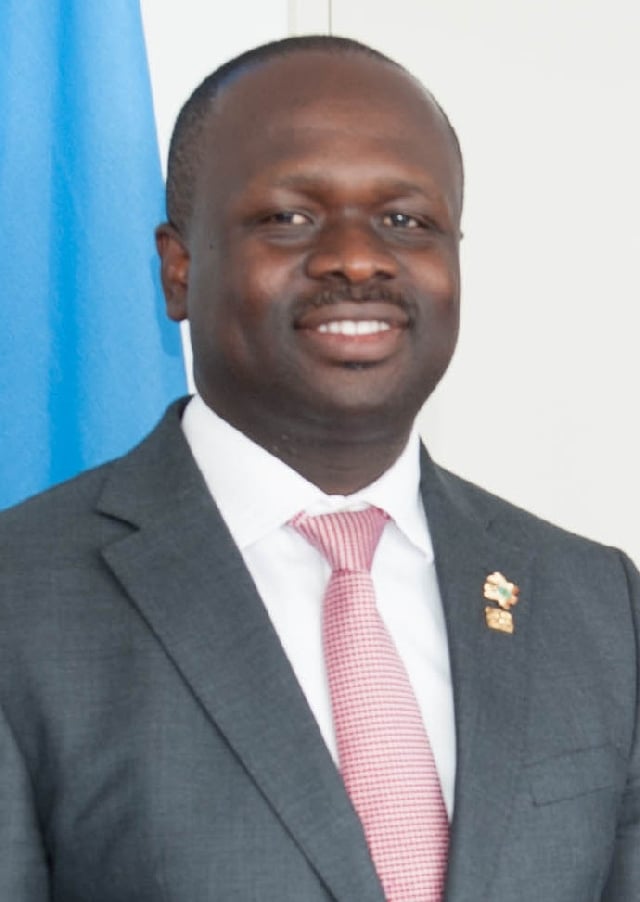Dr. Edward Omane Boamah, the Director of Elections and IT for the National Democratic Congress (NDC), has expressed serious concerns regarding potential changes in the ballot arrangements for the upcoming elections in Ghana. He issued a warning against any automatic re-arrangement of candidates’ positions, emphasizing the necessity for transparency and adherence to established electoral practices. In a statement shared on Facebook on October 30, Boamah highlighted that any arbitrary modifications to how candidates are positioned on the ballot could pose threats to the fairness of the electoral process and undermine its integrity. His firm stance reflects a broader anxiety among political parties concerning the credibility of the Electoral Commission’s (EC) operations as they prepare for the election.
Boamah’s declaration underscores the NDC’s commitment to ensuring a level playing field for all candidates. He insists that the party will not accept any alterations that could potentially affect the outcome of the elections. The remarks have intensified scrutiny of the Electoral Commission, as stakeholders question whether the EC is adequately equipped to manage the electoral process without bias. This public concern marks a significant moment in the lead-up to the elections, with the NDC firmly positioning itself as a protector of electoral integrity and accountability.
In light of these developments, the EC has faced challenges beyond concerns about ballot arrangements. The organization announced the suspension of presidential ballot printing following the unexpected death of Madam Akua Donkor, a notable political figure and presidential candidate for the Ghana Freedom Party (GFP). Donkor, who passed away on October 28, 2024, at the age of 72, was known not just for her political endeavors but also for her distinctive personality and contributions to Ghanaian agriculture. Her death has cast a shadow over the electoral landscape, prompting the EC to halt ballot preparation as a mark of respect and to consider the implications for the electoral timeline.
Madam Donkor’s death has not just impacted the GFP but has also raised questions about the potential ramifications for her party’s candidacy in the upcoming elections. The announcement of her passing has led to condolences from various political factions, reflecting her role in the diverse tapestry of Ghanaian politics. Her family has indicated that a detailed explanation regarding the circumstances of her death will be provided, which could offer further insights into this high-profile loss within the political realm.
The news surrounding both Dr. Boamah’s objections and Akua Donkor’s demise has captured public attention and amplified discussions about the electoral process in Ghana. As the country approaches the elections, the implications of these developments could resonate deeply, influencing voter sentiments and party strategies. Dr. Boamah’s call for transparency and respect for electoral rules resonates with many stakeholders who prioritize the democratic process, while the void left by Donkor’s absence may impact the dynamics within the GFP and its supporters.
As Ghana stands on the threshold of a critical election period, the focus remains on ensuring that the electoral process is conducted fairly and transparently. The Electoral Commission’s role becomes pivotal as it navigates these controversies, seeking to maintain public trust while fulfilling its mandate to oversee free and fair elections. The interplay between the concerns raised by the NDC and the tribute to Madam Donkor sets the stage for a complex electoral landscape, highlighting both the challenges and the hopes of the democratic process in Ghana. The upcoming elections will be a crucial test of the EC’s commitment to upholding electoral integrity amid these turbulent times.


